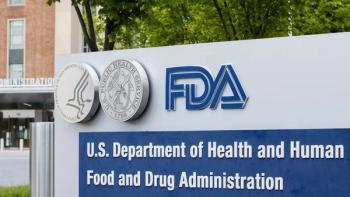
Associating Genes With Melanoma Risk
Maria T. Landi, M.D., Ph.D., principal investigator at the National Cancer Institute (NCI) and National Institutes of Health (NIH) discusses a recent study that identified genetic variations that may be linked with increased melanoma risk.
Maria T. Landi, M.D., Ph.D., principal investigator at the National Cancer Institute (NCI) and National Institutes of Health (NIH) discusses a recent study that identified genetic variations that may be linked with increased melanoma risk.
The large, meta-analysis observed 27,000 patients with melanoma and 50,000 controls from the United States, Australia and Europe and discovered 19 additional genes that showed a strong correlation with melanoma risk. Included were alterations in pigmentation pathways, telomeres, immunity and signalisn and transcription pathways.
In the future, Landi and her research team will be adding about 10,000 more patients to hopefully identify more genetic associations with melanoma.




